When one thinks of sports the first words that come to his or her mind would be passion, speed, strength, love, adrenaline etc. but I am pretty sure for most of us ‘politics’ wouldn’t be one of the words that you associate immediately with sports. Atleast that was not the case up until three decades ago. In the last three decades, the world of sports has evolved and now politics is an inseparable part of sports. Sports has always been a tool with capabilities of creating major impact in the society, and time and again authorities, as well as athletes, have used this tool to impact lives and deliver a message. Sports has since become a tool of soft power. Countries have used global sporting events as a medium to market themselves in the global platform.
Throughout history, there are many examples where sports has been at the forefront of political tensions both domestically and internationally. One of the biggest moments in world sporting history is the finals of 1995 Rugby World cup where Nelson Mandela, then president (first black president) of Republic of South Africa, made an appearance at the stadium along with the team in a post-apartheid South Africa uniting a country and its people around sports. The victory in the 1995 Rugby world cup for South Africa definitely was one of the major landmarks for the country in their fight against racism and discrimination.
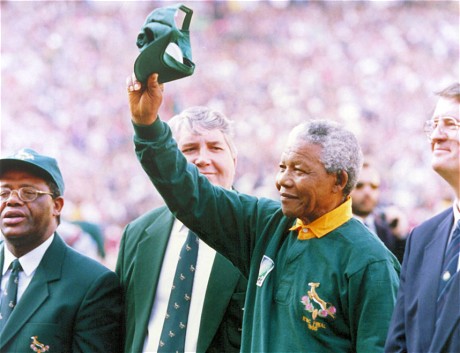
Just as we speak about the positive impact, there have been many negative impacts as well. For example, the Football war of 1969 between Honduras and El Salvador. The existing tension between the two nations coincided with the 1970 world cup qualifiers where El Salvador managed to qualify over Honduras in the last match of the qualifiers which started riots among the two fan groups. Things escalated so quickly that the two countries declared war on each other within 10 days of the match.
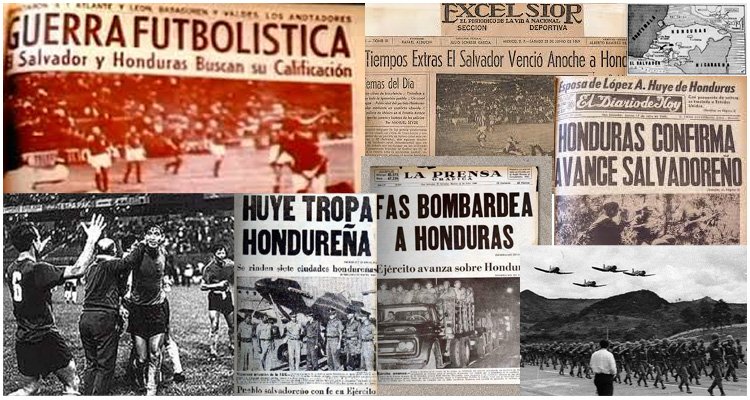
Another example that I would like to discuss here is of the Syrian national football team when they were 1 goal away from qualifying for the 2018 world cup. Although it was a very big moment for the country, the supporters were split because celebrating the victory also meant celebrating the regime of their president Bashir Al-Assad who has killed hundred thousands of his people. Especially when the support staff of the team has openly come in support of Al-Assad and his regime. Syria’s qualification would have demeaned all the hardships and turmoils that Syrians underwent on a daily basis.
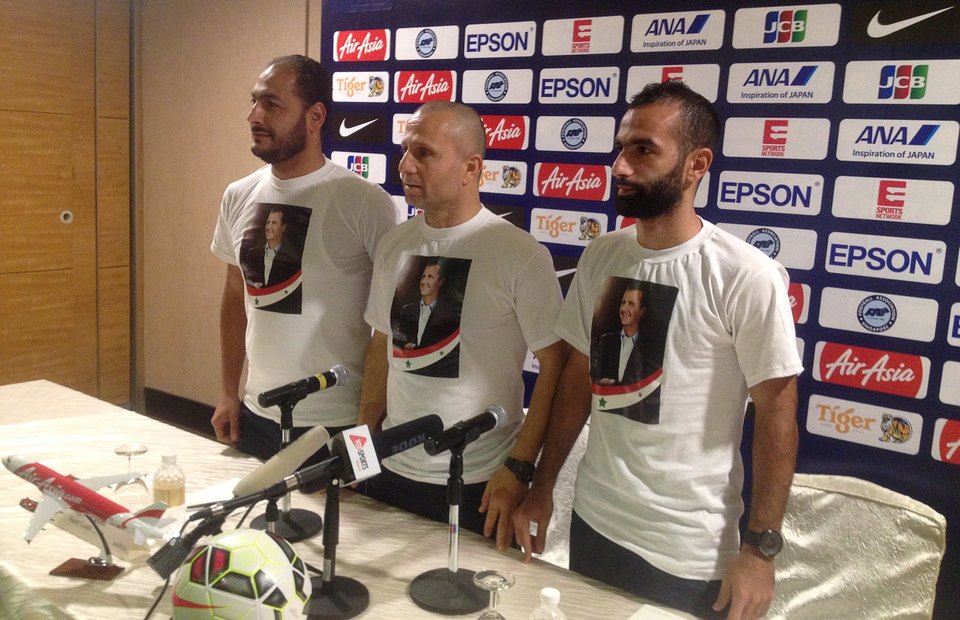
It is not always been authorities that have used a major sporting event as a platform for a social tool. Athletes have also made socio-political stands with the means of sports. The black power salute by Tommie Smith and John Carlos at the Summer Olympics of 1968 still is a defining moment in the American civil rights movement. This was also one of the earliest instances where an athlete actually made a statement of this sorts. Since then it has been repeated a few times. Recently, in 2016, San Francisco 49ers Quarterback Colin Kaepernick knelt during the national anthem at a preseason game protesting against the police brutality and racism. It is since being followed by a lot of athletes in the USA who are also vocal against President Donald Trump and his policies.
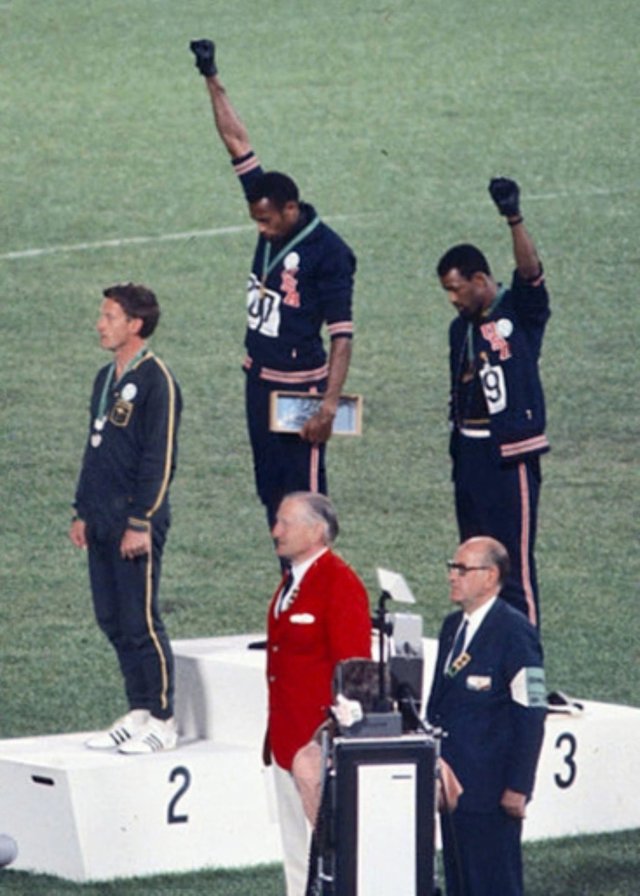
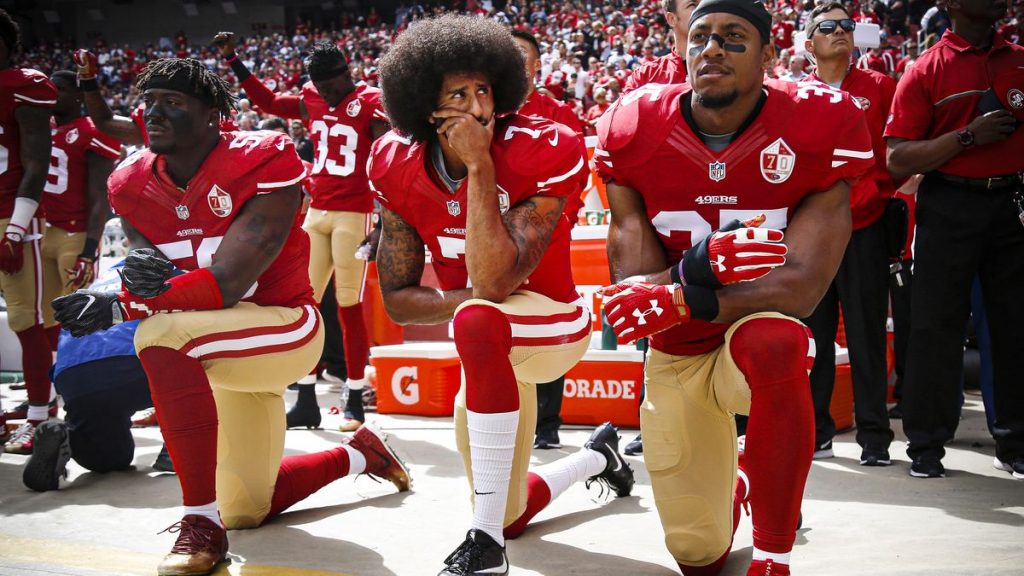
Although, it has been very common for decision-makers to use sports as a marketing tool for their socio-political benefits; when players and athletes have done the same it has been widely criticised by the authorities. In my opinion, with the growth of social media and technology, athletes are now media brands in themselves and hence are slowly going to become key decision-makers in this socio-political ecosystem of sports.
To add to these, I would want to discuss one more example which focuses more on the impact on sports facilities. The 1996 Cricket world cup semifinals between India and Sri Lanka at Eden Gardens, Kolkata. That match is a defining moment for the sporting world in more than one ways. It showed the cricketing world, the possibilities and impacts sports can have on small countries like Sri Lanka. But what interested me more was the impact it had on Indian cricket and sports facilities. The match in concern was abandoned halfway through because of the stadium audience going violent and throwing bottles and other things on to the pitch hurting a few players. Since then almost every stadium in India has a barricade in place separating the audience from the action. Something that you will not see in most parts of the world. This shows the impact of cultural and social demographics on sports facility management.
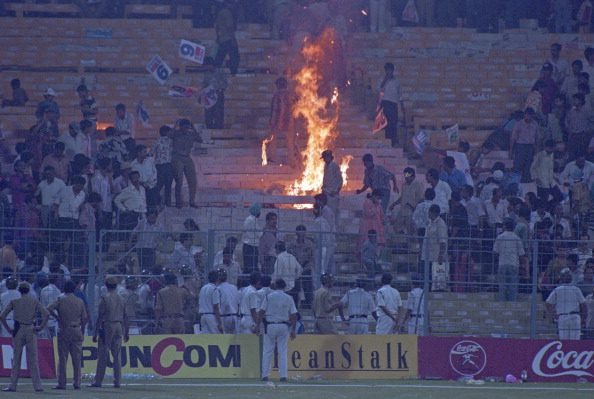

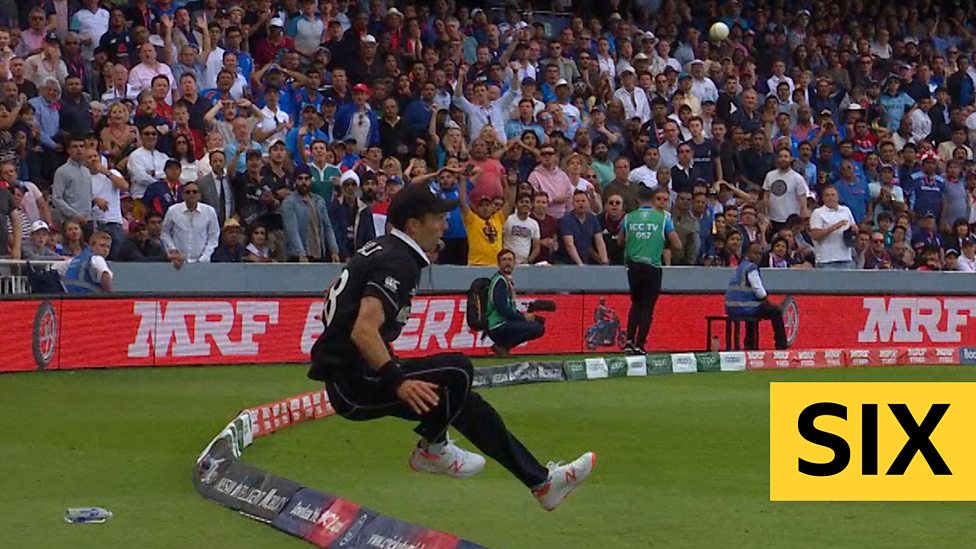
From all the above examples and many more that I have not mentioned, the coherence of Sports and Politics is unquestionable. To put it in a broader perspective, Sports has impacts in three major areas – Social, Economical and Environmental. I have through my research and examples tried exploring the social impact. From all the research, observations and analysis, I conclude that Sports can be and has been used as both, means for reconciliation and dialogue as well as fuel for nationality and animosity. But going forward I see a few changes, a few new patterns. I feel in the coming years we will see more and more athletes take social and political stands and the sports ecosystem more democratic in that aspect than the dictatorial system now. Sports which was once termed as modern-day slavery are now evolving giving more power (both hard and soft) to the athletes and social media has a major role to play in this. And finally, as we saw sports help eliminate racial discrimination in most parts and reduce in others, in the future we will see sports do the same with gender inequality. In my opinion, Women Sports is the next big contemporary socio-political impact of sports.
This blog post was originally written as an Academic reflection as a part of my Masters in Sports Management.
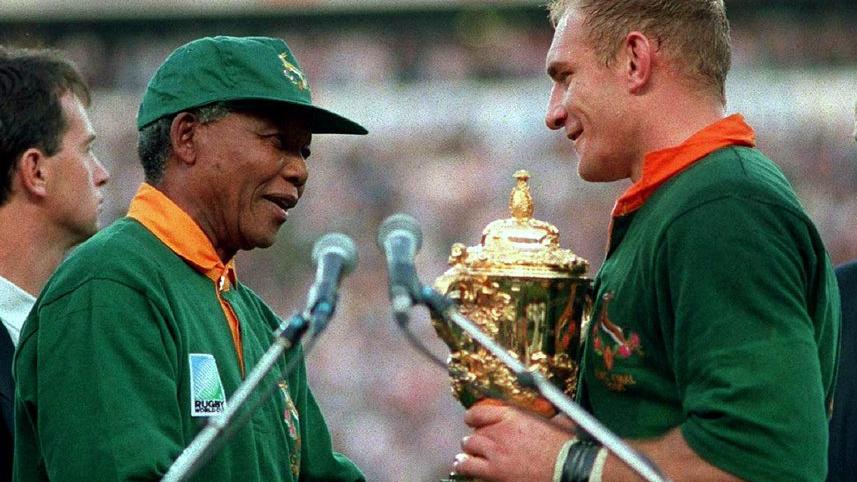
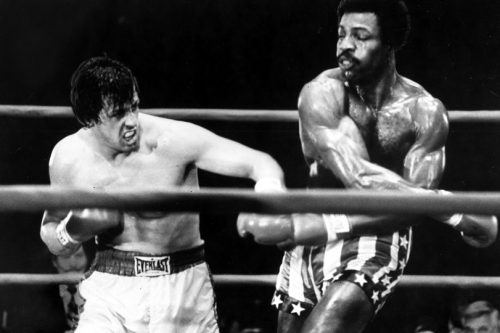
That was a good one,comrade✌️
Thanks Prabhu!